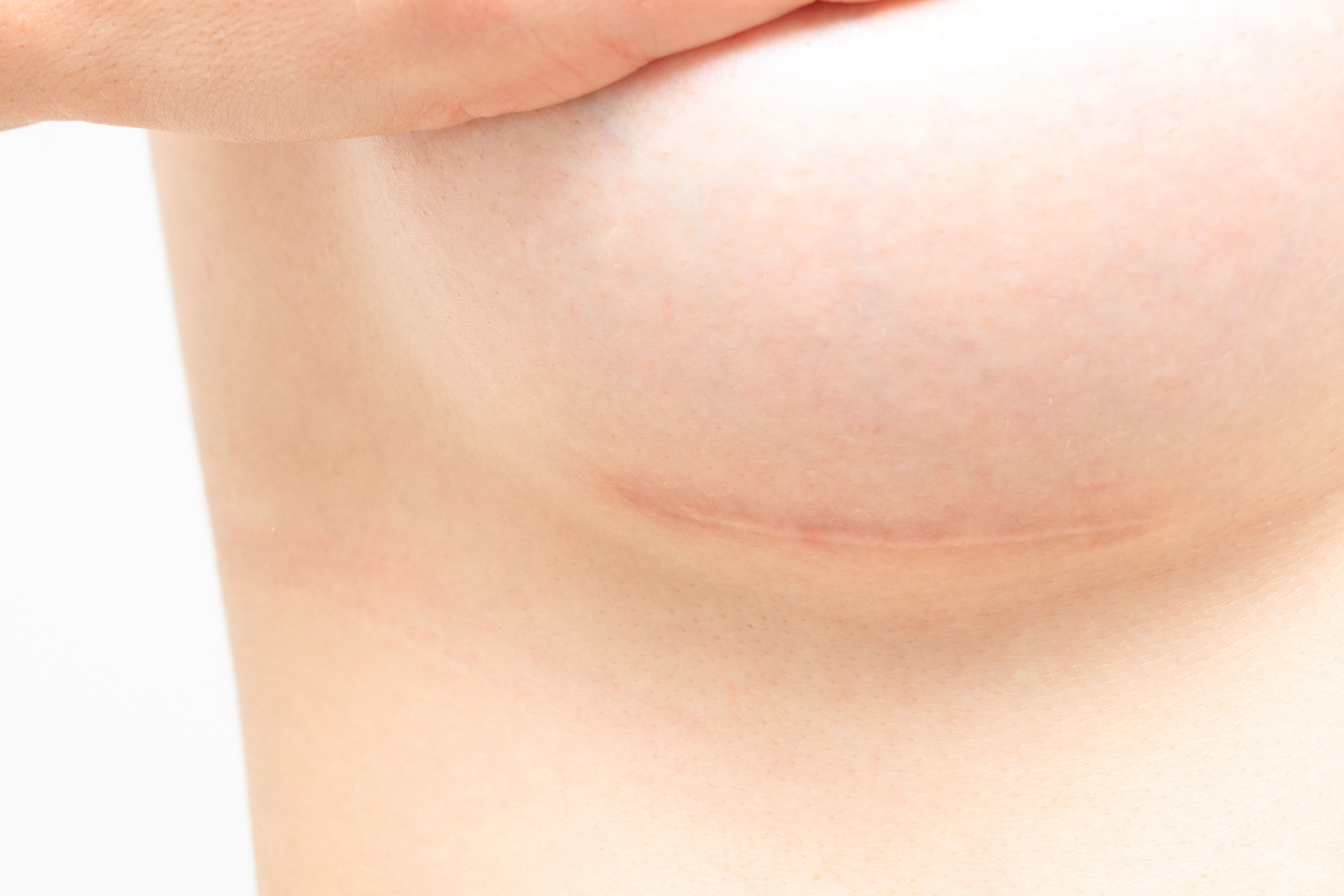Tips and precautions for good healing after plastic surgery.
After making the decision to perform plastic surgery, the most awaited moment is the visualization of the final result. This moment is responsible for significant improvements in the health, well-being and self-esteem of the patient after the procedure. However, to achieve the desired objective, it is crucial to adopt a series of essential care both pre- and post-operatively.
Inadequate care can compromise the healing process, resulting in misshapen scars, unwanted marks, changes in color and texture of newly formed tissue. Continue reading and check out all the necessary care for good healing after plastic surgery.
Follow medical instructions: It is essential to strictly follow all guidelines and instructions provided by the plastic surgeon. This includes taking prescription medications, wearing dressings, and following the post-operative visit schedule.
Keep dressings clean and dry: Proper cleaning of dressings is crucial to preventing infections. Follow your surgeon’s instructions on how to care for the incisions and when to change dressings.
Avoid sudden movements: Reduce physical activity in the first few weeks after surgery to avoid excessive stress on the incisions.
Eat healthy: A balanced diet rich in nutrients such as protein, vitamins and minerals can help with recovery and healing
Don’t smoke: Smoking significantly slows down the healing process, increases the risk of complications, and can lead to uneven healing.
Use sunscreen: Avoid exposing the incisions to direct sunlight during the first few months after surgery. Sun exposure can lead to uneven scarring and hyperpigmentation.
Moisturize the skin: Keeping the skin hydrated can help improve the appearance of the scar and minimize dryness. Consult the surgeon about suitable products for skin hydration.
Avoid Scratching or Scratching: Itching is common during the healing process, but avoid scratching or scratching the incisions as this will harm the healing area.
Remembering that each surgery is unique, and your plastic surgeon is the best person to provide specific guidance based on the procedure you have performed. If you have any questions or concerns during the healing process, please do not hesitate to contact your surgeon.

